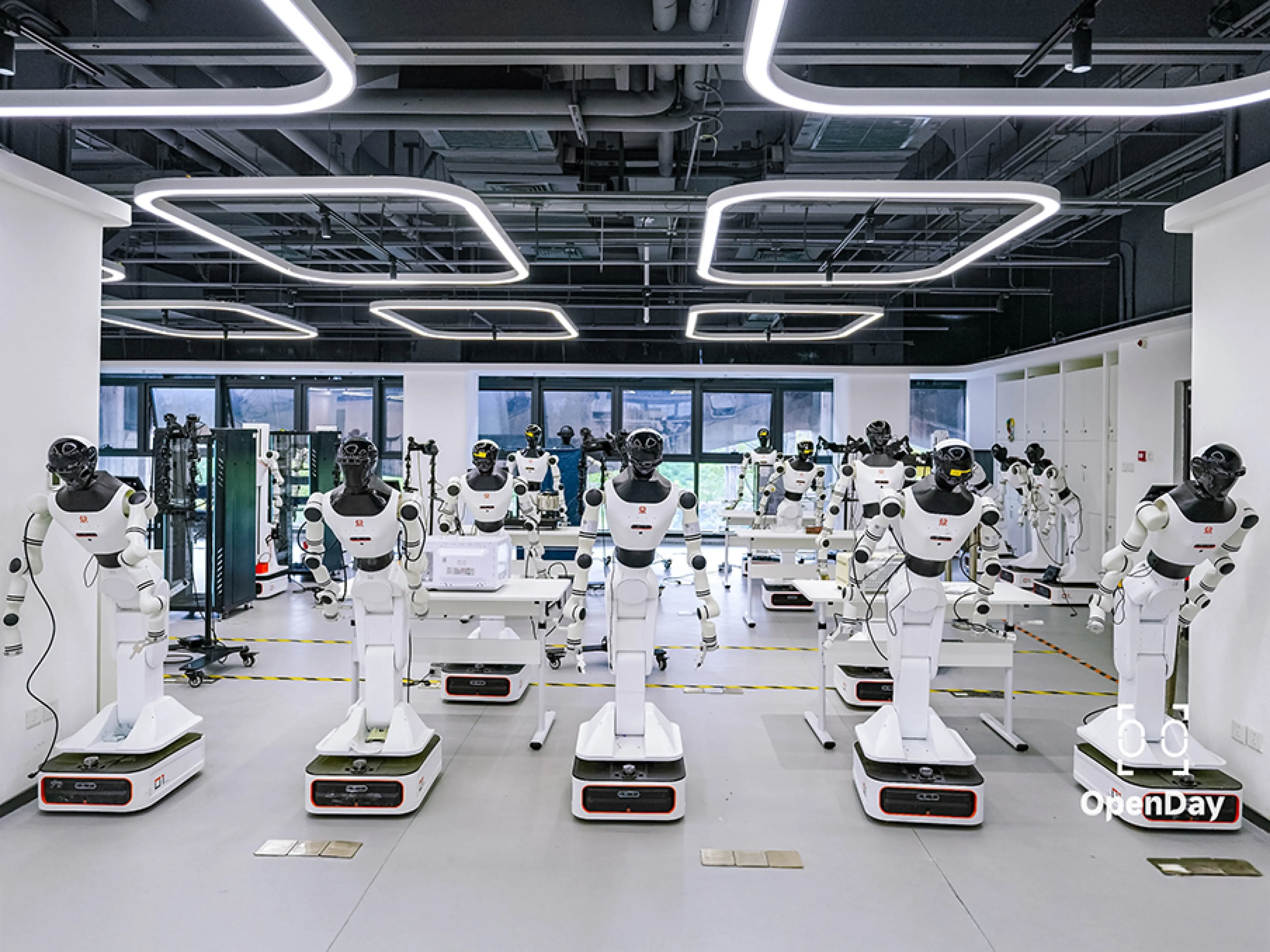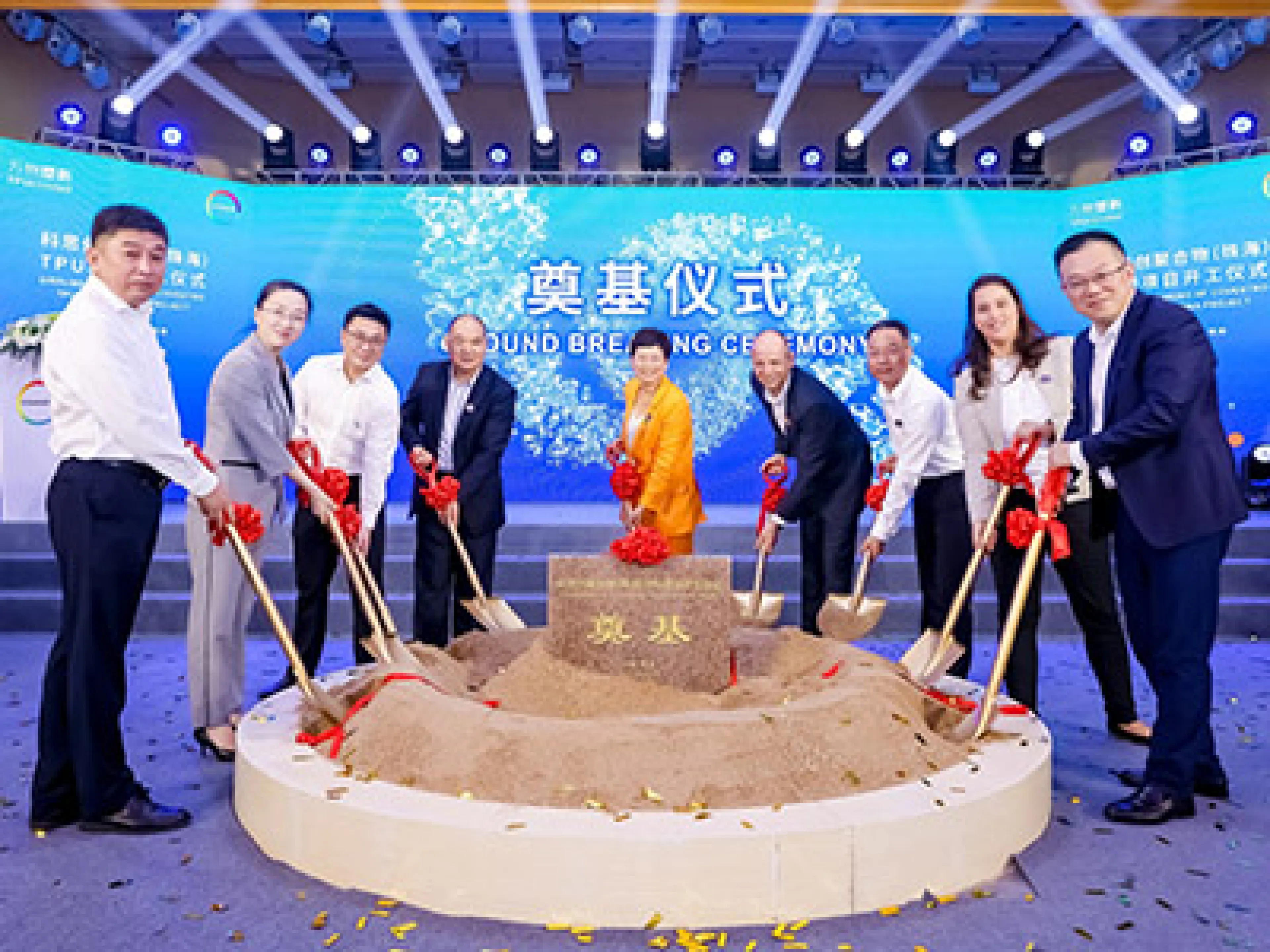
The industry is discovering more and more possibilities for the use of artificial intelligence (AI). However, when implementing and using AI in the chemical industry, many peers face similar challenges that still need to be solved. For this reason the chemical companies Covestro and Evonik as well as the consulting firm Accenture invited managers from production and technology divisions of Bayer, Clariant, Wacker, Shell, Lanxess and other companies to a two-day Chemicals Peer Exchange for the fourth time.
Walter Grüner, Head of IT & Digitalization at Covestro, has a clear opinion about artificial intelligence: "For me, the chemical industry is predestined for the use of AI because we have a lot of complex processes going on that cannot be described by fixed rules. They are not suitable for automation. We rather need learning systems to which we grant a certain degree of decision-making autonomy. In doing so, we focus primarily on the development of systems that work in a complementary manner to humans and support their abilities." With the introduction of AI in the chemical industry, questions about technical, operational and organizational implementation are also increasingly emerging. This includes, for example, the role of AI in decision-making, but also its implementation along value chains.
Artificial intelligence as major opportunity for chemical industry
Under the motto "Shaping industrial change with AI", the participants exchanged in a generic way views on the following topics:
- AI system to assist decision making or as an autonomous decision-maker?
- AI awareness, literacy and capabilities
- Production technology vs. supply chain management: independent or joint optimization?
- Needs and requirements for external data generation (monitoring)?
"It is precisely the exchange across company boundaries that helps us a lot in the upcoming transformation because overall challenges become clearer," says Nils Janus, Global Head of Advanced Analytics at Covestro. "This increases efficiency and saves time." Overall, there was agreement among the participants: Artificial intelligence offers great opportunities for the chemical industry. The new systems help to create a common ecosystem for cross-divisional production planning. It must be decided on a case-by-case basis and each company has to decide individually and independently how much autonomy these systems will be given. With regard to access to the systems, the participants saw a strong democratization of artificial intelligence. Companies could support employees in learning more about data and AI and bring them into contact with experts when it comes to the widespread use of AI solutions in the company. The generation and dissemination of ESG data are currently the biggest drivers for using external data sources. Here, all participants saw opportunities to intensify the use of external sources.
Digitalization drives sustainability
Digitalization is a key driver to improve sustainability and make the circular economy a reality. Covestro is focusing on more data-oriented corporate governance to drive digital transformation. Covestro is advancing the use of artificial intelligence (AI) both in its own company and in the chemical industry. To this end, the materials manufacturer is investigating how digital technologies can make processes more efficient and sustainable as part of several pilot projects across different divisions.









